Day: April 20, 2025
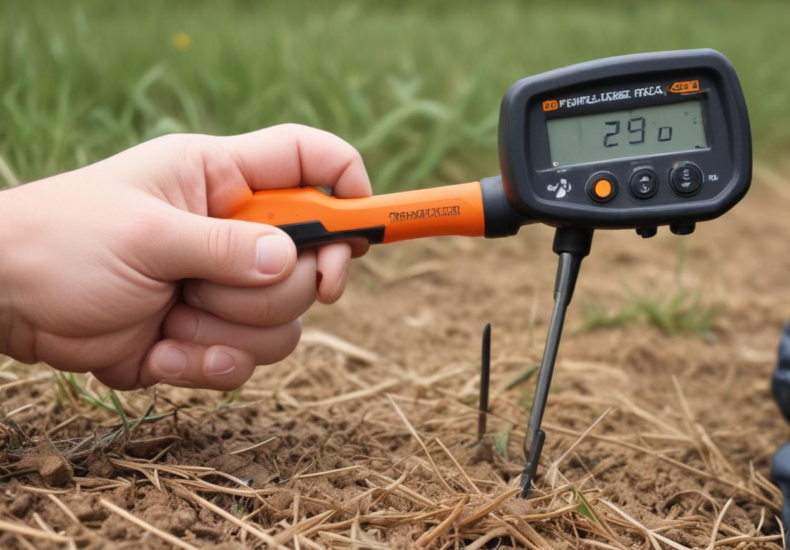
Should you use a pinpointer with a metal detector?
Exploring the transformative impact of pinpointers in metal detecting, discover how these compact devices maximize efficiency, preserve valuable finds, and enhance both the enjoyment and outcomes of treasure hunting expeditions.
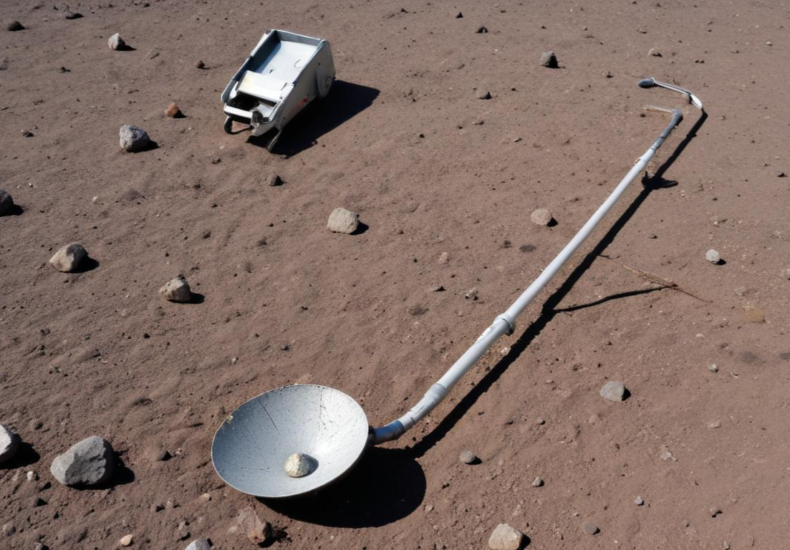
How to detect meteorites using a metal detector
Meteorite hunting combines adventure and science, requiring a deep understanding of these celestial objects that differ markedly from ordinary rocks. Meteorites, debris from objects like asteroids or comets, possess unique characteristics such as a metallic composition of iron and nickel, detectable with certain metal detectors. These traits, including a distinctive fusion crust and higher density, are instrumental in distinguishing meteorites from terrestrial materials. Mastering meteorite identification techniques and selecting the appropriate detection tools, such as a Pulse Induction metal detector optimized for high-metal-content objects, is crucial for any successful hunt. Discovering these remnants from outer space not only offers a thrilling pursuit but also deepens our insights into the cosmos and the history of the solar system.
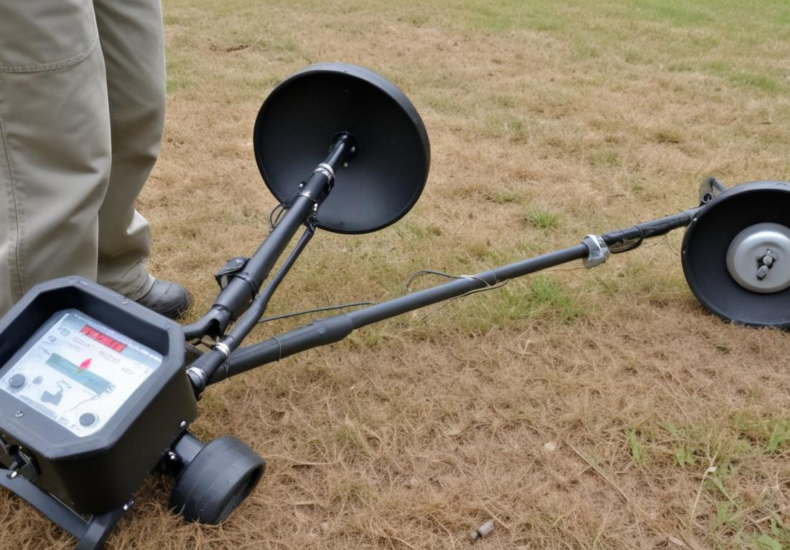
How to build your own DIY metal detector
Discover the essentials of assembling a DIY metal detector, from picking the right electronic components like the 555 timer IC to constructing a sensitive detection coil. Learn the significance of each part in creating a functional device that can unearth hidden treasures beneath your feet. Uncover the importance of meticulous assembly and robust testing to optimize and ensure the effectiveness of your own metal detector.
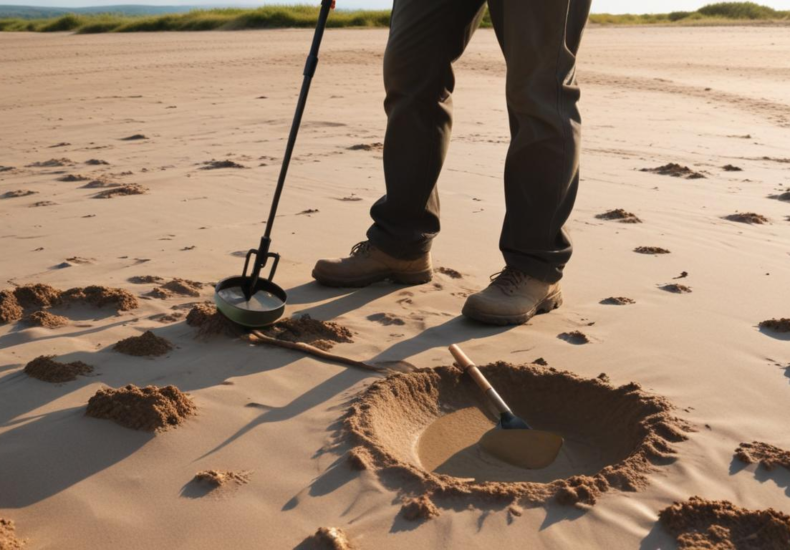
Best times of day for metal detecting success
Understanding optimal light conditions is crucial for a successful metal detecting outing. Light intensity and timing can significantly affect visibility, allowing for easier identification of metallic objects and changes in soil texture. Optimal times include early morning, which offers even light and cooler temperatures, and late afternoon, especially on beaches where the sun’s angle can highlight surface finds. Weather conditions also play a crucial role, with overcast days providing consistent lighting without the challenges of direct sunlight. Adjusting your detecting schedules according to these factors can enhance your success and comfort during searches, making each outing both productive and enjoyable.
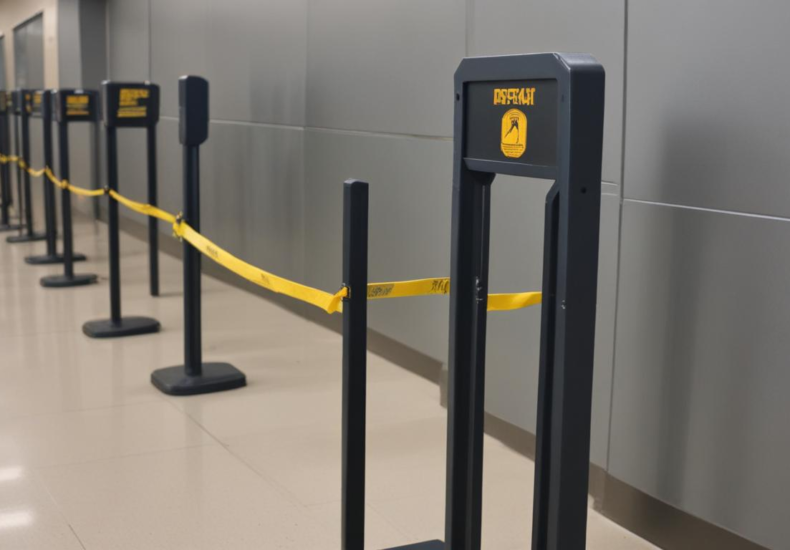
What can metal detectors not detect?
Metal detectors excel in identifying metallic objects, yet struggle with materials like wood, plastics, and glass due to their non-conductive nature. Additionally, the size, shape, and orientation of metal objects significantly influence detection capabilities, with smaller or irregularly shaped items often going undetected. Environmental factors such as soil composition, temperature, and moisture also impact the effectiveness of metal detectors, highlighting a clear need for advanced technology to overcome these challenges.